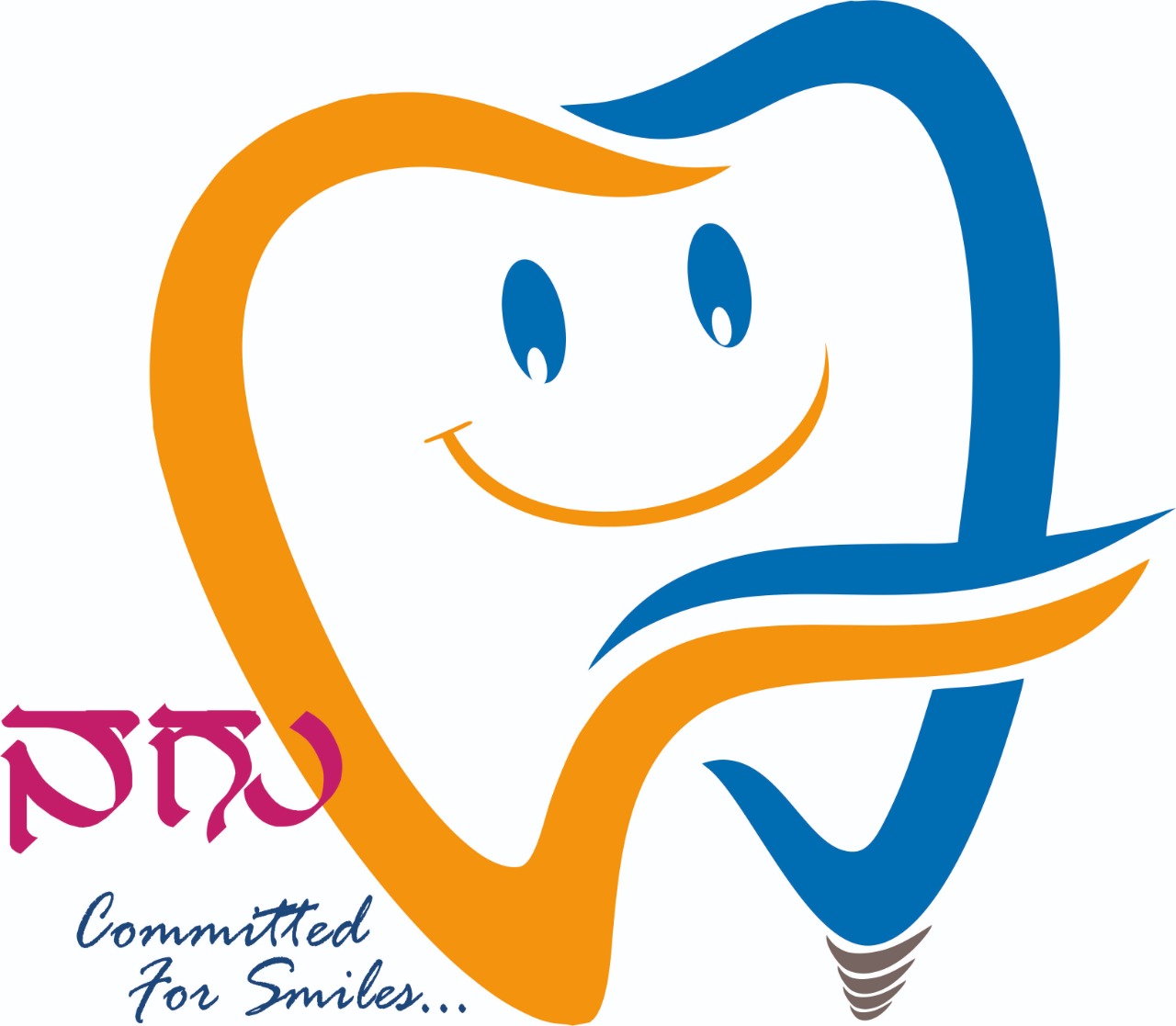Toothache Treatment in Channapatna
- 3 months ago
- Toothache Treatment in Channapatna ,
- Dental Implants Treatment in Channapatana ,
- Gum Disease Treatment Near Channapatna ,
- Dental Implants Treatment Channapatana ,
- DENTAL IMPLANTS TREATMENT IN CHANNAPATNA ,
- Best Doctor for Teeth Whitening Treatment Channapatana

Contact : +919901344447 | 08029644447
Effective Toothache Treatment
Toothache is one of the most common dental problems that can range from mild discomfort to severe pain. The causes can vary, from cavities and infections to gum disease or tooth injuries. Regardless of the cause, finding quick and effective relief is essential. Here’s a detailed guide on various treatments for toothache that can help alleviate pain and prevent further dental issues.
1. Over-the-Counter Pain Relievers
One of the fastest ways to manage toothache is by using over-the-counter (OTC) pain medications. Non-steroidal anti-inflammatory drugs (NSAIDs) like ibuprofen or acetaminophen can provide temporary relief from pain and inflammation. It’s important to follow the recommended dosage and consult with a dentist if the pain persists. While these medications help reduce discomfort, they are not a permanent solution for the underlying issue causing the toothache.
2. Saltwater Rinse
A saltwater rinse is a simple yet effective home remedy for treating toothache. It acts as a natural disinfectant, helping to remove debris and soothe inflamed areas. To use this method, dissolve half a teaspoon of salt in a glass of warm water and swish it around the mouth for 30 seconds before spitting it out. This can reduce swelling, ease discomfort, and help prevent infections.
3. Cold Compress
Applying a cold compress to the outside of your cheek near the painful tooth can help reduce inflammation and numb the area. Wrap a few ice cubes in a towel or use a cold pack and hold it on the affected side of the face for 15–20 minutes. This method is especially helpful if the toothache is due to an injury or swollen gums.
4. Clove Oil
Clove oil is a popular natural remedy for toothaches due to its anti-inflammatory and anesthetic properties. It contains eugenol, a compound that helps numb pain and reduce swelling. To apply, soak a cotton ball in a few drops of clove oil and gently place it on the aching tooth or gum. Be cautious to avoid swallowing the oil, as it can cause stomach upset. This treatment offers temporary relief and should be followed by professional dental care.
5. Hydrogen Peroxide Rinse
Hydrogen peroxide can help kill bacteria and reduce plaque, which are often contributing factors to toothache. A diluted solution of hydrogen peroxide (3% hydrogen peroxide mixed with equal parts water) can be used as a mouthwash to alleviate pain and fight infection. It’s important to rinse thoroughly and avoid swallowing the solution.
6. Peppermint Tea Bags
Peppermint tea bags can offer a cooling, soothing effect on a toothache. After brewing a peppermint tea bag, allow it to cool slightly, then apply it directly to the aching area. The natural numbing properties of peppermint can temporarily ease discomfort. For added relief, you can place the tea bag in the freezer for a few minutes before using it as a cold compress.
7. Dental Intervention
While home remedies and OTC medications can provide temporary relief, it’s crucial to visit a dentist if the toothache persists for more than a day or two. Common dental treatments for toothache include:
- Cavity Fillings: If the toothache is caused by a cavity, the dentist will remove the decayed portion of the tooth and fill it with a dental filling material.
- Root Canal: If the infection has reached the pulp of the tooth, a root canal may be necessary to remove the infected tissue and save the tooth.
- Tooth Extraction: In severe cases, where the tooth cannot be saved, extraction may be required to prevent further complications.
- Gum Disease Treatment: If gum disease is causing toothache, deep cleaning procedures like scaling and root planing may be needed to remove plaque and tartar.
8. Preventive Measures
Preventing toothaches is easier than treating them. Good oral hygiene, such as brushing twice daily with fluoride toothpaste, flossing, and using mouthwash, can help prevent cavities and gum disease. Regular dental check-ups and professional cleanings are essential to catch potential problems early and avoid painful toothaches.
In conclusion, toothache treatment depends on the underlying cause. While home remedies can provide temporary relief, seeking professional dental care is the best way to address the root of the problem and prevent long-term damage.
